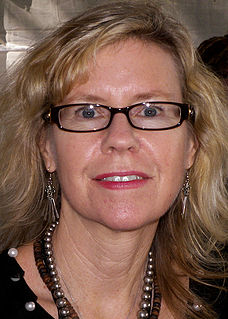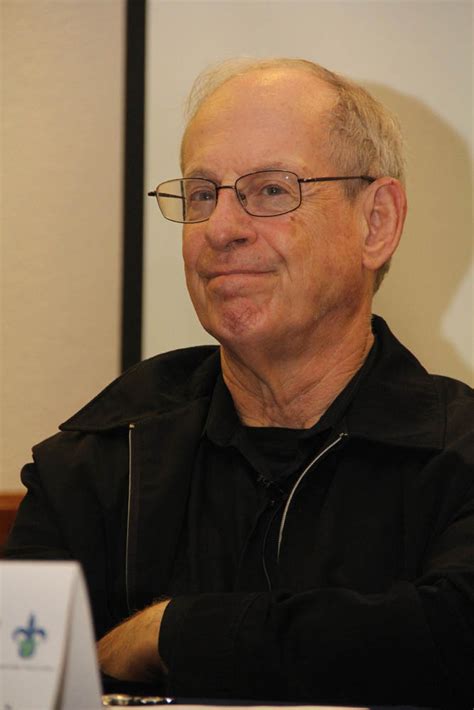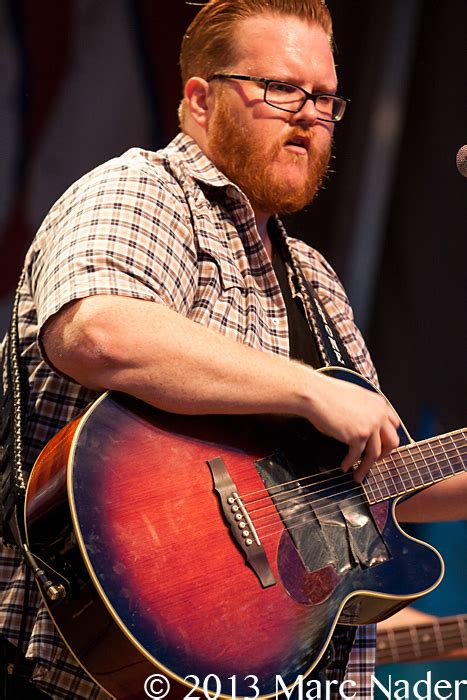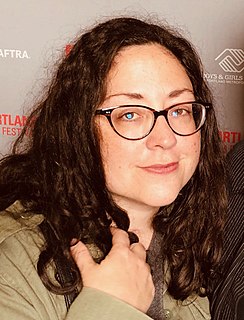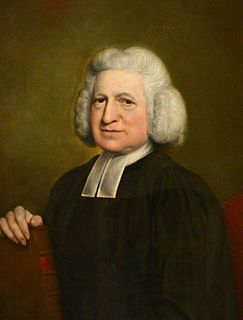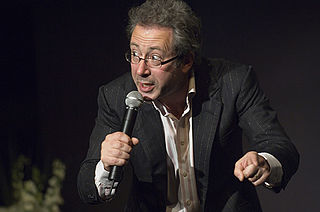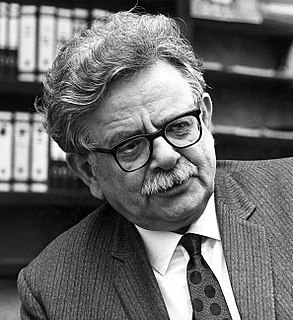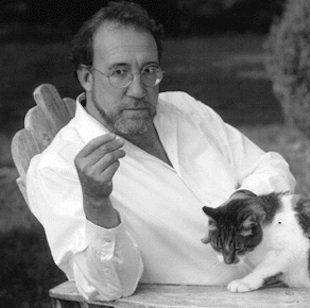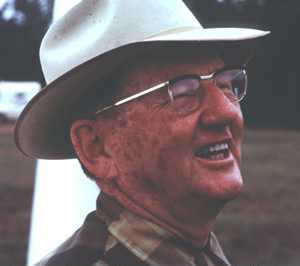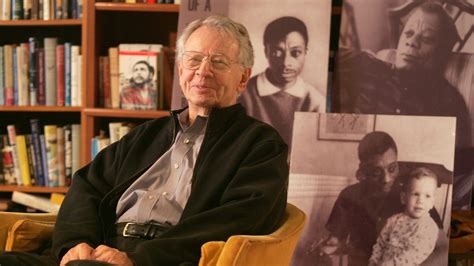Top 1200 Written Language Quotes & Sayings - Page 17
Explore popular Written Language quotes.
Last updated on November 15, 2024.
Nabokov can be almost too delicate at times, but in 'Lolita,' he puts his aristocratic sensitivity to use in such a dark tale that it creates this great tension between the story being told and the style that it's written in. And it's just amazing that one of the best novels in English was written by a Russian.
I've always written songs from a sad place. I can't think of one good song that I have written in a happy place. I was saying I was kinda bummed because I've been sorta chasing the girl I've been in love with for years and years and we're finally together now, and I'm like super happy for months and months and months. And my girlfriend asks, "Why haven't you written a song for me?"And I don't know how to tell her "Because it's just too good."
Israel is the very embodiment of Jewish continuity: It is the only nation on earth that inhabits the same land, bears the same name, speaks the same language, and worships the same God that it did 3,000 years ago. You dig the soil and you find pottery from Davidic times, coins from Bar Kokhba, and 2,000-year-old scrolls written in a script remarkably like the one that today advertises ice cream at the corner candy store.
I think the most important work that is going on has to do with the search for very general and abstract features of what is sometimes called universal grammar: general properties of language that reflect a kind of biological necessity rather than logical necessity; that is, properties of language that are not logically necessary for such a system but which are essential invariant properties of human language and are known without learning. We know these properties but we don't learn them. We simply use our knowledge of these properties as the basis for learning.
The Bible must be the invention either of good men or angels, bad men or devils, or of God. However, it was not written by good men, because good men would not tell lies by saying 'Thus saith the Lord;' it was not written by bad men because they would not write about doing good duty, while condemning sin, and themselves to hell; thus, it must be written by divine inspiration
The surrealist thinks he has outstripped the whole of literary history when he has written (here a word that there is no need to write) where others have written "jasmines, swans and fauns." But what he has really done has been simply to bring to light another form of rhetoric which hitherto lay hidden in the latrines.
By a generative grammar I mean simply a system of rules that in some explicit and well-defined way assigns structural descriptions to sentences. Obviously, every speaker of a language has mastered and internalized a generative grammar that expresses his knowledge of his language. This is not to say that he is aware of the rules of the grammar or even that he can become aware of them, or that his statements about his intuitive knowledge of the language are necessarily accurate.
The significance of language for the evolution of culture lies in this, that mankind set up in language a separate world beside the other world, a place it took to be so firmly set that, standing upon it, it could lift the rest of the world off its hinges and make itself master of it. To the extent that man has for long ages believed in the concepts and names of things as in aeternae veritates he has appropriated to himself that pride by which he raised himself above the animal: he really thought that in language he possessed knowledge of the world.
Personally I think that grammar is a way to attain Beauty. When you speak, or read, or write, you can tell if you've spoken or read or written a fine sentence. You can recognise a well-tuned phrase or an elegant style. But when you are applying the rules of grammar skilfully, you ascend to another level of the beauty of language. When you use grammar you peel back the layers, to see how it is all put together, to see it quite naked, in a way.
Rather than thinking of sound and sense in my essays as two opposing principles, two perpendicular trajectories, as they are often considered in conversations around translation, or even as two disassociated phenomena that can be brought together to collaborate with more or less success, I think of sound as sense. Sound has its own meaning, and it's one of the many non-semantic dimensions of meaning in language. I want to emphasize is the formal dynamic between language-as-information and language-as-art-material.
Syntax is the study of the principles and processes by which sentences are constructed in particular languages. Syntactic investigation of a given language has as its goal the construction of a grammar that can be viewed as a device of some sort for producing the sentences of the language under analysis.
Thoughts are created in the act of writing. [It is a myth that] you must have something to say in order to write. Reality: You often need to write in order to have anything to say. Thought comes with writing, and writing may never come if it is postponed until we are satisfied that we have something to say...The assertion of write first, see what you had to say later applies to all manifestations of written language, to letters...as well as to diaries and journals
I have a repertoire of songs that I'm proud of, that I've written for my own band. When I do a cover, something that somebody else has written, I think about it very carefully before I sing that song. I have to really get behind it and understand it and like it. And that's how I pick roles. I don't want to play just anything.
I see manuscripts and books that are spoiled for the literary reader because they are one long stream of top-of-the-head writing, a writer telling a story without concern for precision or freshness in the use of language. Some of this storytelling reads as if it were spoken rather than written, stuffed with tired images that pop into the writer's head because they are so familiar. The top of the head is fit for growing hair, but not for generating fine prose.
English was my fourth language. I arrived, I enrolled in public school, as a child, I believe I was about six years old when we finally landed in Michigan. And I was initially put in special education because I couldn't quite wrap my mind around the English language because I was listening to Hungarian and Albanian and German. My mind broke down like I couldn't quite wrap my mind around the fourth language.
